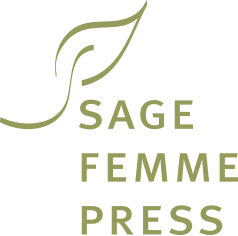Wanting inspiration, I just reread a favorite passage from Robertson Davies’ novel, The Cunning Man.
In it, Dr. Hullah, a Canadian physician during World War II is assigned to a hospital ward in Oxford, England to care for 26 young men seriously wounded by friendly fire. They suffer from amputations, head injuries, and shellshock. All are angry and resentful, despairing about their future.
As he listens to them, it dawns on Hullah that this rage, this disillusion, this disappointment was not what it seemed. It was the duct through which flowed an unhappiness and a pathos that lay at the very bottom of the spirit, and might perhaps be inborn…. What to do?
One day, he bicycles into town and finds himself in a bookshop. Poetry was what he wanted, not poems that would appear to dispense education or culture but the sort of anthology that might appeal to everyman. I needed poetry, or better call it verse, that would catch the ear, stick in the memory and tell a story. With simple poems of grievance, merit overlooked and injustice nobly born, he institutes a regular reading hour. Slowly these men who had suffered wrong—wrong that was nobody’s fault…or certainly not the fault of anybody who can be identified—begin to open up and talk among themselves.
He is eventually summoned by his supervisor who says he’s heard that Hullah is exposing the men to some rather inflammatory stuff.
How wonderful to find in poetry this inflammatory stuff, words that open us up to the fear, sadness, anger or anxiety at the bottom of our spirit, inborn or not. This is what I want for myself when I am troubled and for all who suffer: not the edification, pleasure or even enlightenment poetry can offer but simple, resonant language that sticks in memory and tells a story we need to hear.
